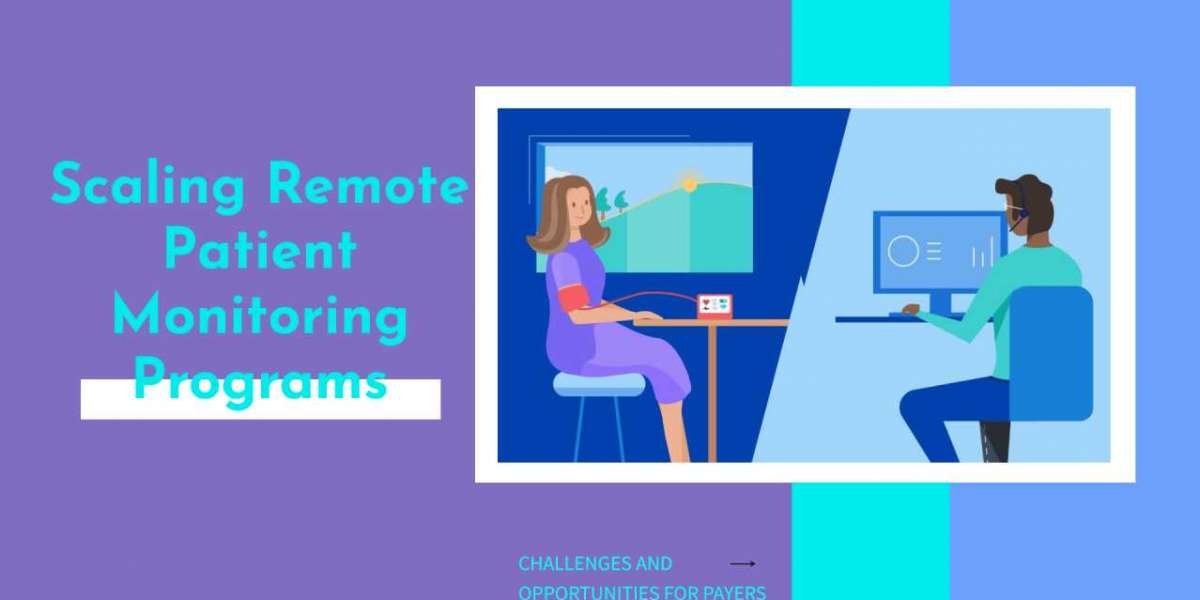What are the Key Challenges and Opportunities for Payers in Implementing and Scaling RPM Programs?
Payers face a complex landscape when implementing and scaling RPM programs. Key challenges include data privacy and security, reimbursement models, patient engagement, and integration with existing healthcare systems.
However, RPM offers significant opportunities to improve population health, reduce costs, and enhance care coordination.
Top Companies and Innovations:
- Cerner Corporation: Offers population health management solutions that integrate RPM data for improved care coordination and cost management.
- Medtronic plc: Develops innovative medical devices and digital health solutions for remote patient monitoring, including cardiac and diabetes management.
- Siemens Healthineers AG: Provides a comprehensive portfolio of medical imaging and diagnostic solutions, with a focus on remote monitoring and data analytics.
How are Healthcare Providers Leveraging RPM to Improve Patient Outcomes, Reduce Readmissions, and Enhance Care Coordination?
Healthcare providers are increasingly adopting RPM to enhance patient care delivery. By monitoring patients remotely, providers can identify potential health issues early, intervene proactively, and reduce hospital readmissions.
RPM also facilitates better communication between patients and care teams, improving care coordination.
Top Companies and Innovations:
- Koninklijke Philips N.V.: Offers a range of remote patient monitoring solutions, including telehealth platforms and wearable devices for chronic disease management.
- GE Healthcare: Provides advanced medical imaging and monitoring technologies, enabling remote patient care and diagnostic services.
- Omron Healthcare: Specializes in patient self-management devices and solutions for chronic conditions like hypertension and diabetes.
What are the Patient Preferences and Concerns Regarding RPM, and How are These Factors Impacting Technology Adoption and Program Success?
Patient engagement is crucial for the success of RPM programs. Factors influencing patient adoption include ease of use, perceived benefits, data privacy concerns, and access to care.
It is essential to address patient preferences and concerns to ensure the effective implementation of RPM solutions.
Top Companies and Innovations:
- Boston Scientific Corporation: Develops innovative medical devices and solutions for chronic conditions, with a focus on patient-centric design.
- Abbott Laboratories: Offers a range of connected devices and digital health platforms for patient self-management and remote monitoring.
How is the Regulatory Landscape Influencing the Growth and Adoption of RPM, and What are the Key Compliance Challenges?
The regulatory landscape plays a vital role in the growth and adoption of RPM. Factors such as reimbursement policies, data privacy regulations, and device approvals impact the implementation of RPM programs.
Healthcare providers and payers must navigate these complexities to ensure compliance and maximize the benefits of RPM.
Top Companies and Innovations:
- Nihon Kohden Corporation: Offers medical equipment and monitoring solutions that comply with global regulatory standards.
- OSI Systems, Inc.: Provides security and inspection solutions for healthcare facilities, addressing data privacy and security concerns.
For more information visit at MarketResearchFuture
Other Trending Reports














